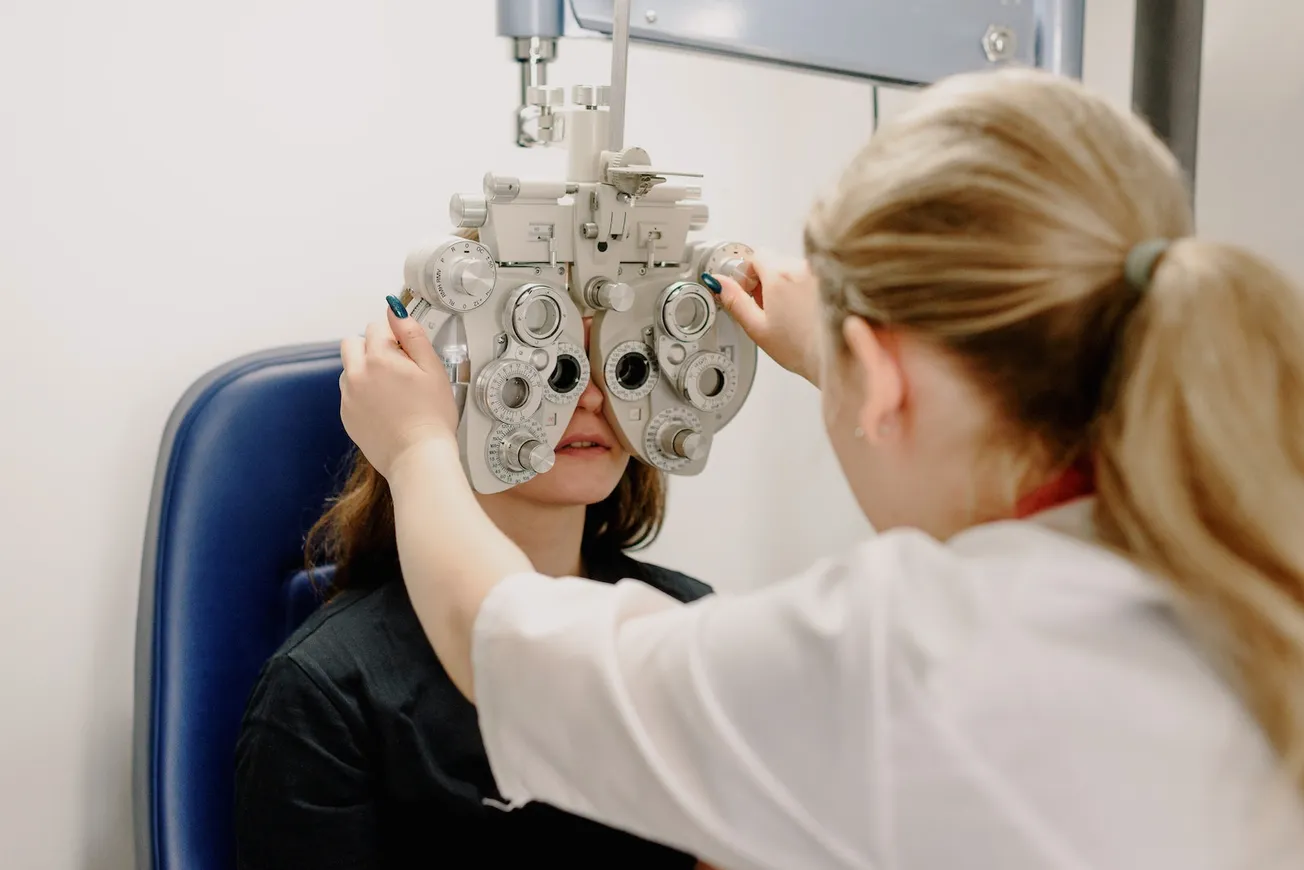Table of Contents
For some odd reason, Brits have an almost fetishistic dependency on the NHS, despite it being frankly pretty crap. And it’s getting worse: the percentage of people waiting more than sixty days for treatment for cancer, for instance, has got steadily worse in the past decade. Yet, almost in direct tandem, the percentage of people professing to be “very or quite satisfied” with the NHS has steadily risen. Perhaps they need to add Stockholm Syndrome to the NHS.
But it’s not only a chronic problem with the NHS itself: recent policy decisions have sent NHS wait times skyrocketing. The most notorious of which are the lunatic Covid lockdown policies. The disastrous knock-on effects of lockdowns, from stunting children’s mental development to surging cancer deaths, all at the same time they did sod-all to stop Covid, are well documented.
Well, we can add another to that grim list.
Hundreds of patients have lost their eyesight or had it irreparably damaged because of NHS backlogs, new research suggests.
NHS England clinicians have filed 551 reports of patients who lost their sight as a result of delayed appointments since 2019, with 219 resulting in “moderate or severe harm”, according to an FoI request by the Association of Optometrists, which believes that hundreds more cases are unreported.
Since 2019… in other words, since just before lockdowns were imposed.
NHS England figures show that 628,502 people are waiting for ophthalmology appointments, the second largest backlog, equating to one in every 11 patients on an NHS waiting list, while 27,260 have been waiting a year or more.
The chief executive of eye charity, Macular Society, Cathy Yelf, said she received dozens of phone calls each month from worried patients. “People are terrified at the prospect of losing vision. The ones who contact us are the ones who are actively trying to solve the problem. We have no idea how many people sit at home, quietly losing their vision and not making a fuss about it.”
In a survey of UK optometrists, 72% said they have seen a patient in the last six months who had experienced a delay to treatment of 12 months or more, while nearly half (43%) had concerns about patients who could lose sight unnecessarily.
But, hey — at least they flattened the curve.
Oh, wait…
The flow-on effects of lockdowns still have years to run, but already they’re getting steadily worse.
An additional poll by the Macular Society of 498 members of the public with macular eye conditions requiring treatment in the past two years, revealed that nearly six in 10 (57%) experienced delays, and nearly half (47%) had a loss or decline in vision as a result. Four in 10 feared losing their sight, with 21% struggling with day-to-day tasks.
A Department of Health and Social Care spokesperson said: “No one should have to suffer avoidable sight loss and we are taking action to improve access to services, including appointing a national clinical director for eye care to oversee the recovery and transformation of services so patients receive the care they need.
“We are also investing in the ophthalmology workforce with more training places provided in 2022 – and even more planned for 2023 – alongside improved training for existing staff. We have made strong progress in tackling the Covid backlogs – including those waiting for eye care.”
The Guardian
Children with learning difficulties, afraid to socialise and unable to talk properly. People dying of cancer and other treatable diseases. Now, surging blindness.
Will those responsible for the disaster that was lockdown ever be held to account?









